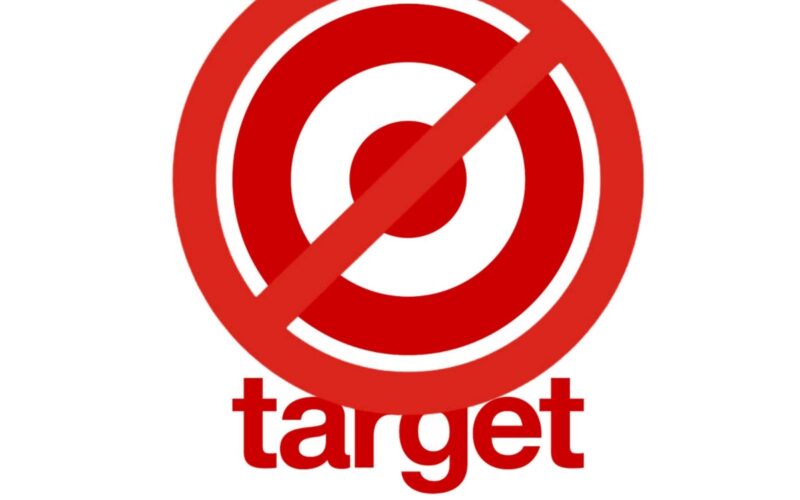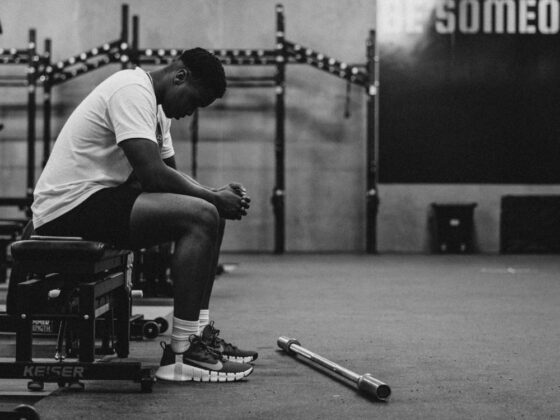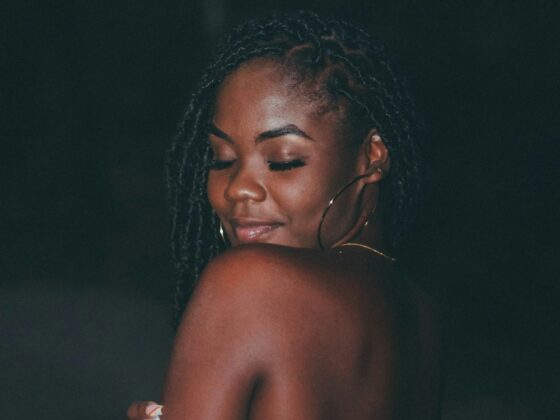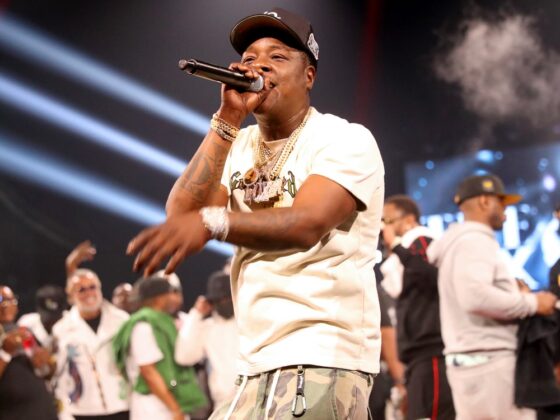Target is just one retailer that has cancelled its diversity, equity, and inclusion (DEI) initiatives following the Trump administration’s decision to overturn DEI practices. The announcement has led to a sustained boycott of the company by many shoppers, but it how exactly has it impacted Black-owned brands at Target? Many of the brands still remain and are available for purchase, despite the “cancellation.” And the reality is if Black people aren’t purchasing those Black brands, there may be unintended consequences that ultimately impact the same Black brands we are hoping to support with this boycott.
Early on in this new Trump administration, the White House made a statement regarding Trump’s executive orders, stating, “Billions of dollars are spent annually on DEI, but rather than reducing bias and promoting inclusion, DEI creates and then amplifies prejudicial hostility and exacerbates interpersonal conflict.”
Target’s in-store traffic continues to decline, down over 9% in February and 6.5% in March, amid backlash over the company’s pullback from DEI initiatives and growing economic concerns.https://t.co/aIHtpoGFlz pic.twitter.com/qDwxrep1Xg
— Black Enterprise (@blackenterprise) April 18, 2025
In 2021, Target announced its Racial Equity Action and Change (REACH) initiative that would invest more than $2 billion in Black-owned brands and add 500 Black-owned brands to their in-person stores. Targets’ goals for their DEI initiatives were to advance the careers of their Black employees, increase representation, improve Black shopper experiences, and promote Black owned businesses.
It is important to note that with their change to their DEI policies the retailer will not just cut their DEI programs, but will also hire fewer women, minorities, LGBTQ+ people, and veterans.
Kiera Fernandez, Chief Community Impact and Equity Officer at Target sent a memo discussing the end of their three year DEI goals in the REACH initiative program. “Many years of data, insights, listening, and learning have been shaping this next chapter in our strategy.”
Impact of Rollback on Black-Owned Brands At Target
Pernell Cezar, owner of a coffee company called BLK & Bold told The New York Times that Target did not alert suppliers like him before the announcement of the roll back and did not communicate what the changes might mean for his company. The New York Times reached out to Target to comment and they replied, stating that there would be no immediate impact on their current supplier relationships. However, the exchange left Cezar wondering if he could trust Target and where they could go from there.
BLK & Bold uses coffee as a bridge to connect culture, conversation, and community. Driven forward by the resilience of the Black entrepreneurs who have paved the way before them, they recognize the challenges that have shaped their journey:
“Generational barriers, systemic… pic.twitter.com/CF1VxouSou
— Levy (@LevyRestaurants) February 28, 2025
The retailer used to be proud of their DEI efforts in the past, citing that their efforts were “equitable access to career advancement” and “equitable business decisions that increase relevance with diverse guests and support economic inclusivity.” Now the company will not have diversity focused surveys as they are evaluating their corporate partnerships and changing their supplier diversity team to supplier engagement.
Other retailers like Walmart and Amazon (who had no black sections to begin with) are scaling back on their diversity efforts as well. Walmart is no longer allowing the use of terms such as D.E.I. and Latinx in its official communications. The company is also cancelling L.G.B.T.Q. themed items coming from third-party merchants on their websites. Similar to Target, Walmart will not be renewing the Center for Racial Equity, a philanthropic initiative announced by Mr. McMillon in 2020. Amazon sent an announcement that they were still focused on “delivering inclusive experiences,” but were altering their approach to focus on programs with “proven outcomes.”
Walmart rolled back their DEI policies but they’re still marketing to us… interesting
shout out to the Black employees at their ad agency who created this though. https://t.co/yREeCNDjtl
— Melissa Kimble (she/her) 🏁 (@Melissa_Kimble) December 4, 2024
Due to the DEI initiatives being cut at Target, customers decided to boycott the retailer starting on March 5. The boycott has had some success as the retailer faced a significant drop of foot traffic in their stores. The People’s Union USA plans to boycott Target during June 3-9. The group targets large corporations that have allegedly “driven up prices, underpaid their workers, and outsourced jobs while raking in record profits.”
Target Chief Financial Officer Jim Lee made a statement about the company’s sales predictions. “We’re going to be focusing on controlling what we can control. What we don’t know is the potential consumer demand that’s across the board, based on how tariffs ripple across the economy, for instance. But we have that wide range for a reason.”
A lot of people thought that boycotts don’t work. But, they do. Especially sustained boycotts like the one against Target for their ending of DEI considerations. Target’s CEO, Brian Cornell, is asked for a meeting with Civl Rights leader Al Sharpton. Target is being hit where it… pic.twitter.com/un5Q3inzIZ
— Willie Ross Jr. Knee Deep (@RossKneeDeep) April 18, 2025
When it comes to the DEI cuts, Tabitha Brown, who sells kitchenware at Target, urges people to still buy from Black-owned brands at Target. “If we all decide to boycott and be like, ‘No, we’re not spending any money at these organizations,’ so many of us will be affected, and our sales will drop, our business will be hurt. If we all decide to stop supporting said businesses and say, ‘I can’t buy anything from there,’ then those companies get to say, ‘Oh, your products are not performing,’ and they can remove them from the shelves,” Brown shared.
View this post on Instagram
Some people are telling shoppers to buy directly from the Black owned brand’s websites instead of going to Target. However, the retailer has the infrastructure, visibility, and dollars to get products in front of the public.
Both sides are completely valid: Black consumers don’t have to shop at Target, but Black business owners will be affected, and so will their sales.
If you are boycotting Target and some of these other big retailers, please keep in mind that some Black owned-brands that you can support are Be Rooted, Black Girl Sunscreen, Viarae Prosecco, Fresh Dolls, and Donna’s Recipe.











